Frontpage News (3259)
 The Saudi Garman Hospital, Dubai, is set to partner with the Nigeria Medical Association (NMA) in Nigeria to train doctors on cancer treatment and as well attend to about 200 cancer patients. Addressing journalists in Abuja, the hospitals’ Business Development Executive, Philip Veliyath, said they are setting up a medical camp to enable them carry out cancer screening and treat some of the cases as most of them can actually be treated locally without necessarily travelling abroad.
The Saudi Garman Hospital, Dubai, is set to partner with the Nigeria Medical Association (NMA) in Nigeria to train doctors on cancer treatment and as well attend to about 200 cancer patients. Addressing journalists in Abuja, the hospitals’ Business Development Executive, Philip Veliyath, said they are setting up a medical camp to enable them carry out cancer screening and treat some of the cases as most of them can actually be treated locally without necessarily travelling abroad.
“Our plans for Nigeria this year is to continue with the medical camp like year. The aim of the medical camp is to be able to attend to and treat most of the cancer cases because some patients can be treated here in Nigeria without travelling abroad. 60-70 per cent of the cases can be treated locally.
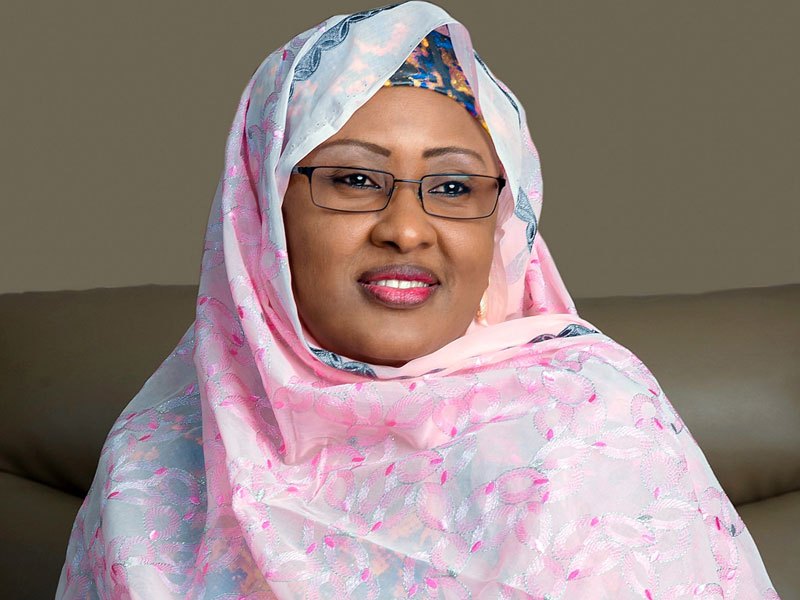 Wife of the President, Aisha Buhari, who is the new UNAIDS Special Ambassador for the Elimination of Mother-to-Child Transmission of HIV and the Promotion of Treatment for Children Living with HIV in Nigeria, has vowed to ensure that no child is born with HIV in the country by 2020. In a statement delivered by NACA, Mrs Buhari, upon commencement of her new role, said “It is with a great sense of responsibility and humility that I accept the honour to serve as a UNAIDS Special Ambassador.
Wife of the President, Aisha Buhari, who is the new UNAIDS Special Ambassador for the Elimination of Mother-to-Child Transmission of HIV and the Promotion of Treatment for Children Living with HIV in Nigeria, has vowed to ensure that no child is born with HIV in the country by 2020. In a statement delivered by NACA, Mrs Buhari, upon commencement of her new role, said “It is with a great sense of responsibility and humility that I accept the honour to serve as a UNAIDS Special Ambassador.
I am looking forward to using my voice to help, to ensure that no child is born with HIV in the country by 2020.” Nigeria, according to a recent report, has one of the highest rates of new HIV infections among children in the world.
Kano Govt Finally Identifies ‘Strange Disease’ that Killed Dungurawa Residents
 The Kano State Government has identified Cerebro Spinal Meningitis as being responsible for the death of eight persons in Dungurawa village of Dawakin Tofa Local Government Area of the state.The state commissioner for health, Kabiru Getso made the disclosure at a news conference in Kano on Wednesday.
The Kano State Government has identified Cerebro Spinal Meningitis as being responsible for the death of eight persons in Dungurawa village of Dawakin Tofa Local Government Area of the state.The state commissioner for health, Kabiru Getso made the disclosure at a news conference in Kano on Wednesday.According to him, the ministry received the information about the outbreak of a strange disease and dispatched its Rapid Response Team to the area.The team reported that the first case was reported on March 15 in the area and the victims died instantly before reaching a health facility, he said.
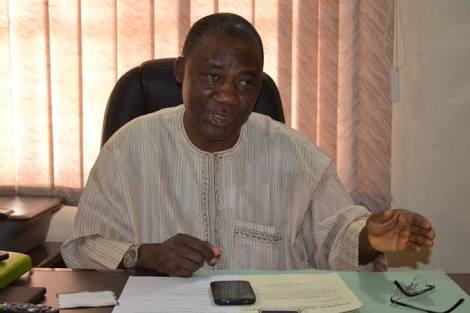 Prof. Mike Ogirima, the President, Nigerian Medical Association (NMA) yesterday called on the members of the association to join active politics ahead of the 2019 general elections. He said the need for them to engage in active politics became necessary to enable them make enhanced contribution to the health sector.
Prof. Mike Ogirima, the President, Nigerian Medical Association (NMA) yesterday called on the members of the association to join active politics ahead of the 2019 general elections. He said the need for them to engage in active politics became necessary to enable them make enhanced contribution to the health sector.
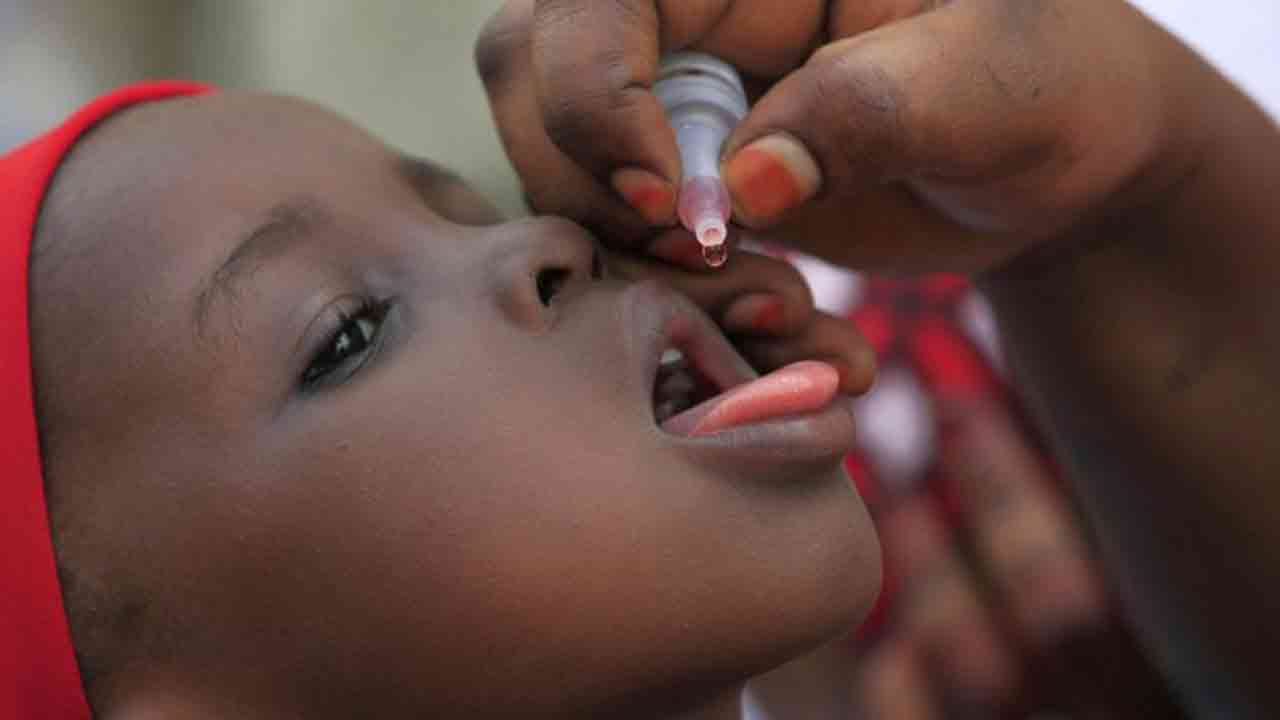 The Executive Secretary of National Primary Health Care Development Agency (NPHCDA), Dr. Faisal Shuaib, has said that Nigeria is regarded as a polio endemic country due to lack of access in some local government.
The Executive Secretary of National Primary Health Care Development Agency (NPHCDA), Dr. Faisal Shuaib, has said that Nigeria is regarded as a polio endemic country due to lack of access in some local government.
He stressed the need to improve access in some wards and local governments in the country in order to interrupt wild Poliovirus in the next 18 months warning that a single case of polio can distort all the efforts made so far.
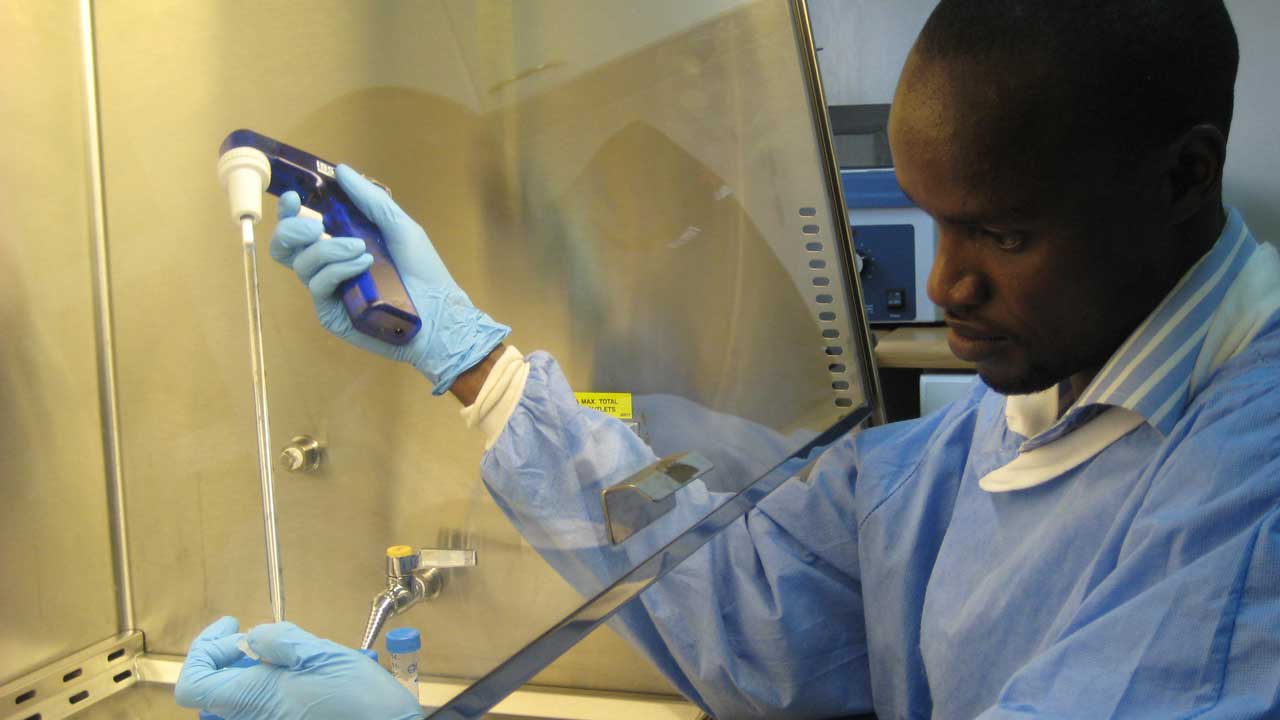 DCL Laboratory Product Limited has announced a collaboration with Sight Diagnostics Limited (SightDX) Israel, to introduce the Parasight Malaria Detection Platform in Nigeria and Ghana. Through this agreement DCL will market the Parasight Platform in the Nigerian diagnostics market, adding to DCL’s extensive infectious disease diagnostics portfolio in the country.
DCL Laboratory Product Limited has announced a collaboration with Sight Diagnostics Limited (SightDX) Israel, to introduce the Parasight Malaria Detection Platform in Nigeria and Ghana. Through this agreement DCL will market the Parasight Platform in the Nigerian diagnostics market, adding to DCL’s extensive infectious disease diagnostics portfolio in the country.
Speaking at a workshop on the introduction of the revolutionary malaria diagnostic machine in Abuja, Chairman, DCL Group, Mr. Charles Anyanwu, said the collaboration is aligned with firm’s purpose of advancing the world of health by bringing technology solutions for malaria diagnosis to West Africa.
 The existing huge funding gap over 64 percent of the $336 million needed yearly to tackle Tuberculosis (TB) in Nigeria is threatening country’s target of eradicating tuberculosis by 2020.
The existing huge funding gap over 64 percent of the $336 million needed yearly to tackle Tuberculosis (TB) in Nigeria is threatening country’s target of eradicating tuberculosis by 2020.
According to National TB Strategic Plan 2015-2020, about $2 billion us needed to tackle tuberculosis in the country. A breakdown of the amount indicates that about $336 million is needed yearly to tackle tuberculosis.
Eating fruits ripened with carbide is dangerous to health- NAFDAC Warns
 In pursuance of its mission to rid Nigeria of substandard foods and drugs, the National Agency for Food and Drug Administration and Control (NAFDAC) has warned the public to shun the consumption of fruits ripened with calcium carbide.
In pursuance of its mission to rid Nigeria of substandard foods and drugs, the National Agency for Food and Drug Administration and Control (NAFDAC) has warned the public to shun the consumption of fruits ripened with calcium carbide.
The agency gave the warning on Monday in Abuja in a statement signed by its management, saying that dangerous effects of carbide-ripened fruits include cancer and other illnesses.
Top World Health Organisation’s Officials to Meet in Nigeria for First Time
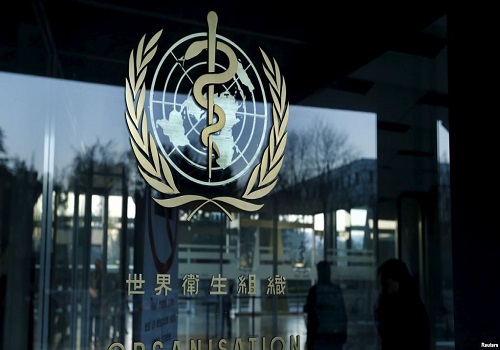 The top management of World Health Organisation’s (WHO) Global Policy Group (GPG) will hold a week-long meeting in Nigeria for the first time starting from April 10 to 12, 2018.
The top management of World Health Organisation’s (WHO) Global Policy Group (GPG) will hold a week-long meeting in Nigeria for the first time starting from April 10 to 12, 2018.
The Minister of Health, Prof. Isaac Adewole, disclosed this in statement yesterday by the Director of Media and Public Relations, Ministry of Health, Mrs. Boade Akinola. Adewole said the GPG membership is made up of the Director-General, Deputy Director-General, six Regional Directors and Executive Director of the WHO Emergencies Programme.
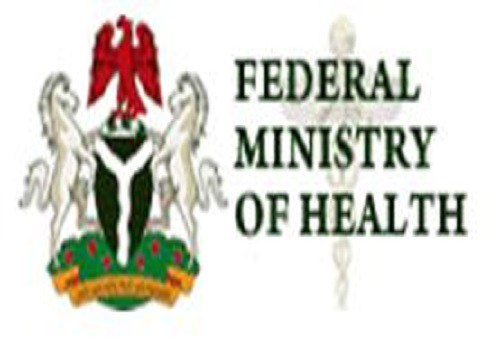 The Minister of State for Health, Dr. Osagie Ehanire, has called on National Assembly and Civil Society Organization to work in partnership with Federal Ministry of Health for the release of 1% consolidated revenue in the 2018 budget for health sector.
The Minister of State for Health, Dr. Osagie Ehanire, has called on National Assembly and Civil Society Organization to work in partnership with Federal Ministry of Health for the release of 1% consolidated revenue in the 2018 budget for health sector.More...
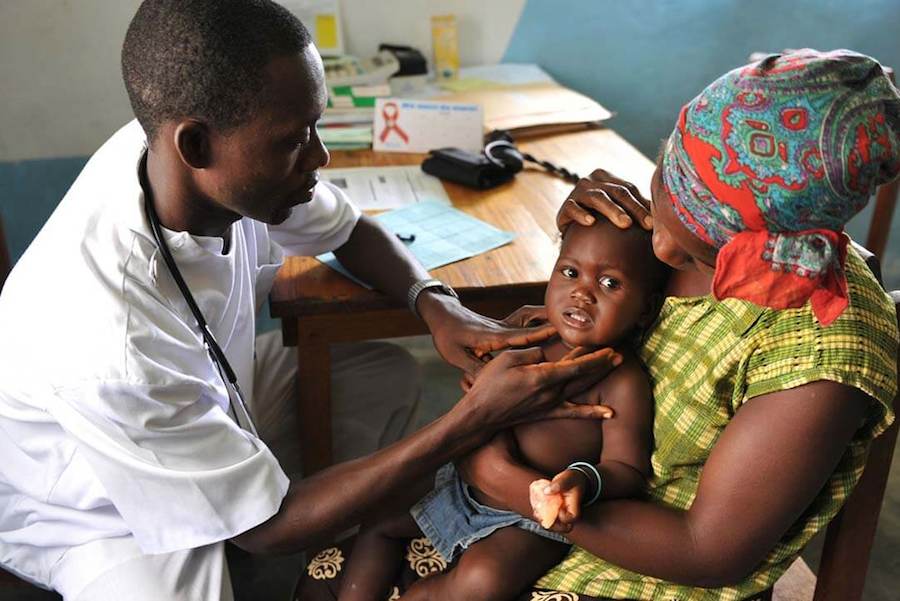 The Federal Government has said no fewer than 21 million people will be vaccinated against yellow fever across the country by the end of 2018 with support from World Health Organisation (WHO), Gavi – the Vaccine Aliliance, UNICEF and other health partners.
The Federal Government has said no fewer than 21 million people will be vaccinated against yellow fever across the country by the end of 2018 with support from World Health Organisation (WHO), Gavi – the Vaccine Aliliance, UNICEF and other health partners.
The Minister of Health, Prof. Isaac Adewole, stated this while speaking at the launch of the Eliminate Yellow Fever (EYE) strategy in Abuja on Tuesday. According to him, following the current outbreak of yellow fever in September last year, the high number of suspected cases, confirmed cases, and deaths recorded necessitated the campaign for mass vaccination against the disease.
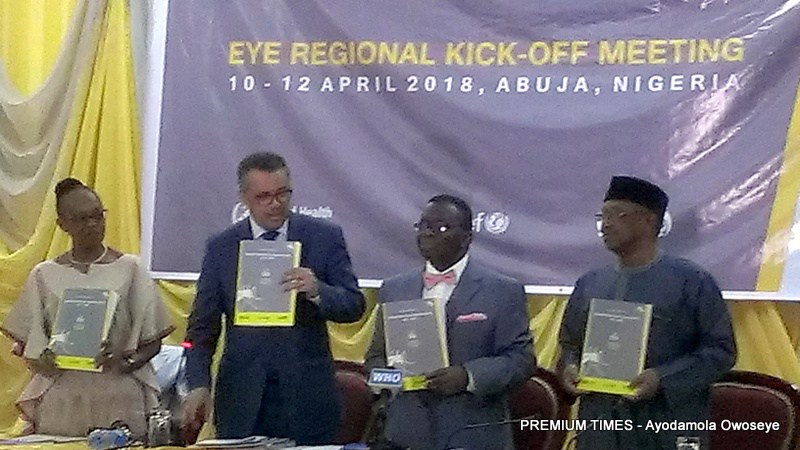 Nigeria will not graduate from the GAVI intervention funds for the next 10 years as the ‘expiration term’ of the country has been extended to allow the country prepare to take over, the Minister of Health, Isaac Adewole has said. The minister made this revelation at the launch of Eliminate Yellow Fever Epidemics (EYE), by the World Health Organisation in Abuja on Tuesday.
Nigeria will not graduate from the GAVI intervention funds for the next 10 years as the ‘expiration term’ of the country has been extended to allow the country prepare to take over, the Minister of Health, Isaac Adewole has said. The minister made this revelation at the launch of Eliminate Yellow Fever Epidemics (EYE), by the World Health Organisation in Abuja on Tuesday.
Present at the event was the WHO Director General, Tedros Ghebreyesus, Deputy Director–General, six regional directors, and Executive Director of the WHO emergencies programmes and heads of health parastatals in Nigeria.
FG regrets lack of basic sanitation facilities by 100 million citizens
 The Federal Government of Nigeria has expressed regret that currently, 65 million Nigerians were without clean drinkable water while estimated 100 million Nigerians still lacked basic sanitation facilities and 63 million did not have access to improved source of drinking water.
The Federal Government of Nigeria has expressed regret that currently, 65 million Nigerians were without clean drinkable water while estimated 100 million Nigerians still lacked basic sanitation facilities and 63 million did not have access to improved source of drinking water.
Amb. Samson Itegboje, Nigeria’s Ambassador/Deputy Permanent Representative to the UN who pointed this out at the International Decade for Action tagged: “Water for Sustainable Development” 2028 Held at the UN Headquarters, New York, said the government was making tremendous efforts to eradicate poor sanitation and excessive use of water.
 In desperate need of surgery to alleviate the ravages of sickle cell disease and previous medical care that worsened his condition, university student Abiodun Bakare was about to give up hope when he discovered the cost of his surgery would be N18 million (about $50,000).
In desperate need of surgery to alleviate the ravages of sickle cell disease and previous medical care that worsened his condition, university student Abiodun Bakare was about to give up hope when he discovered the cost of his surgery would be N18 million (about $50,000).
Bakare, his family and friends had done their research and discovered that a hospital in India could provide him with the care he needed, but the cost of the care and the journey was well beyond his reach.






